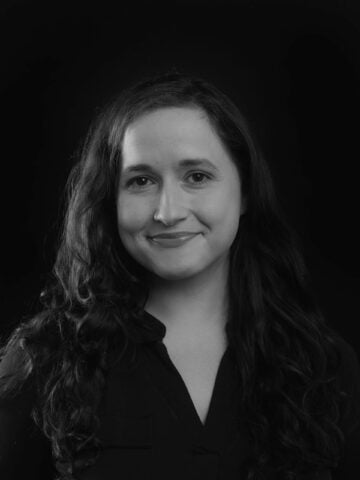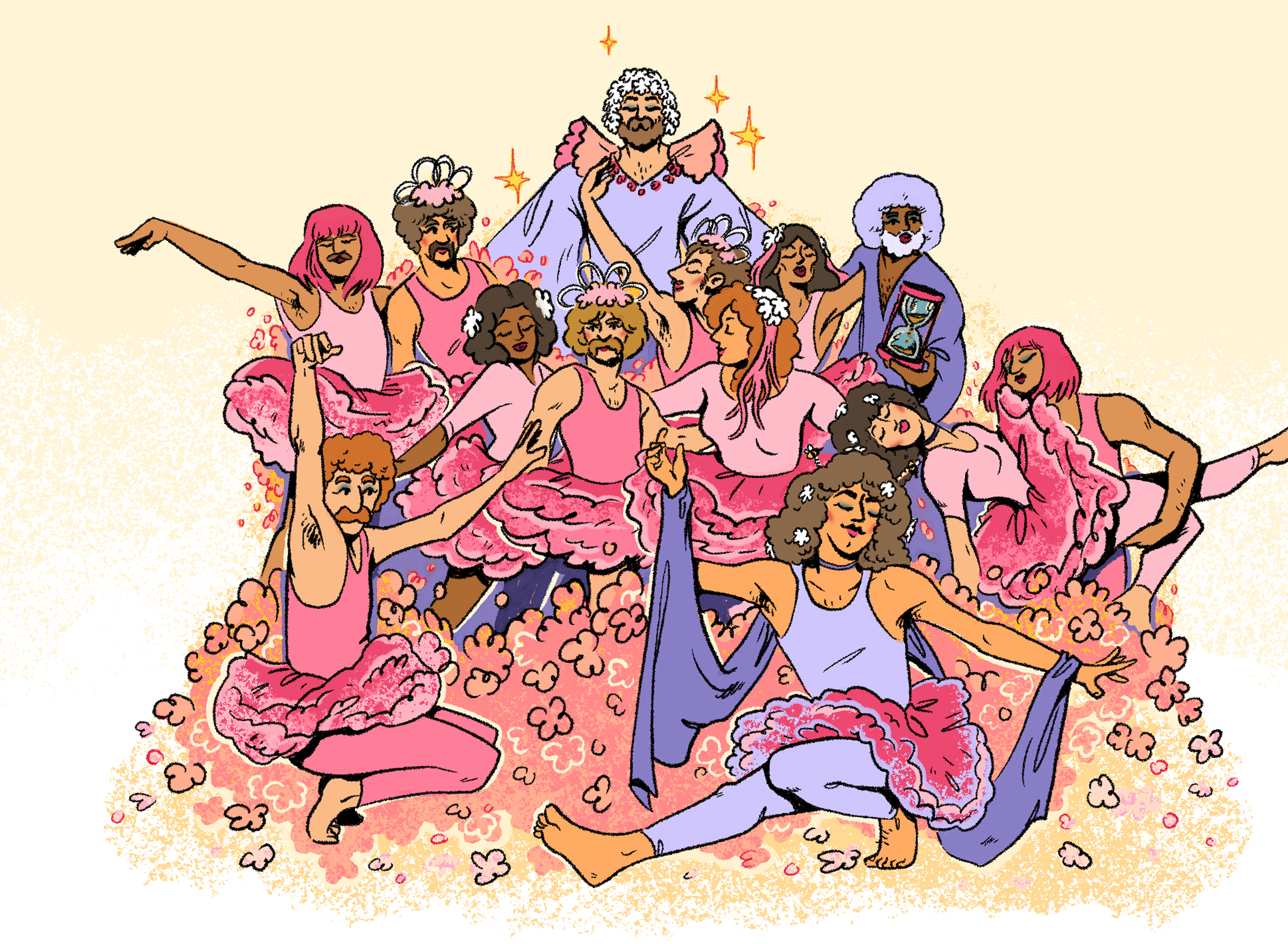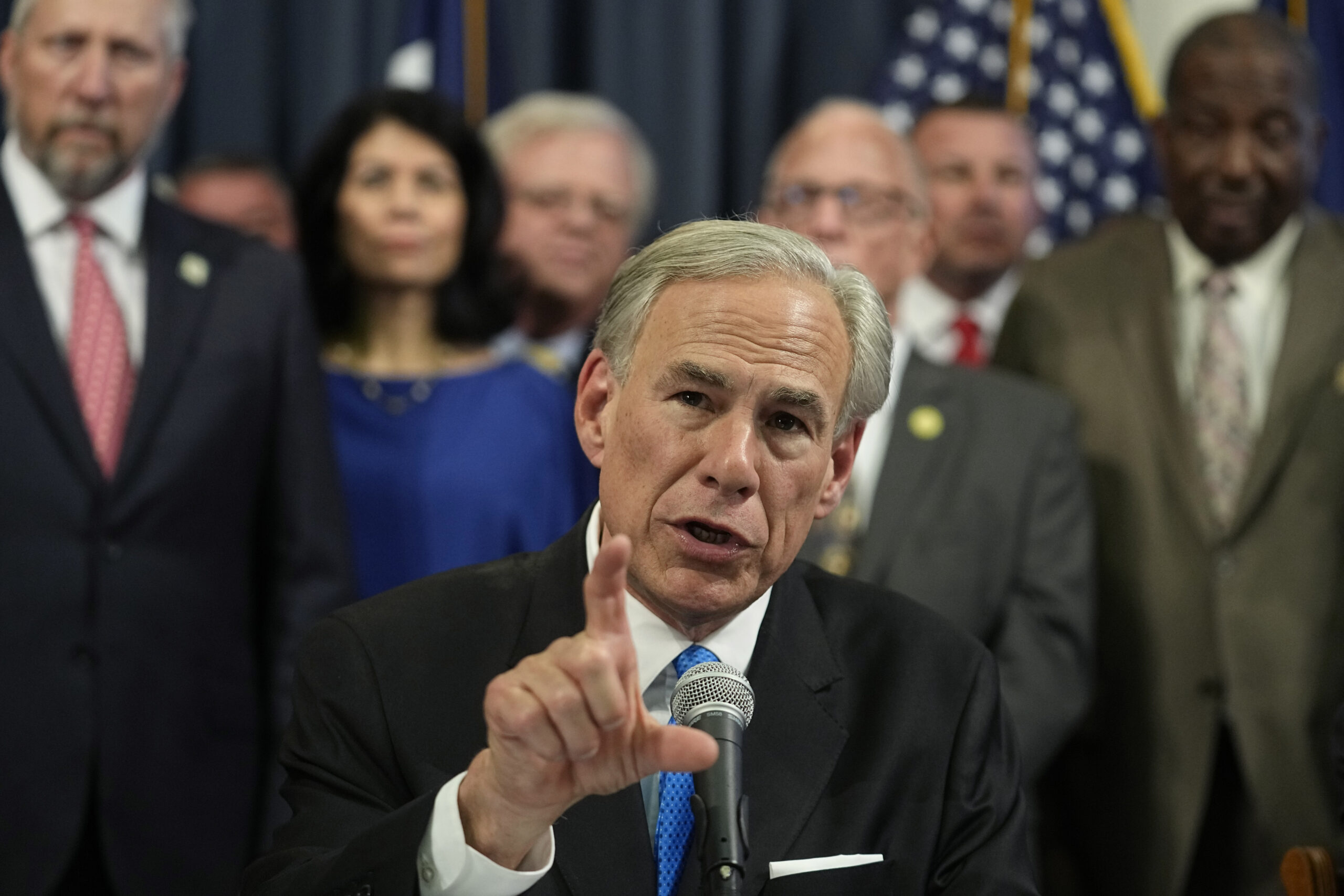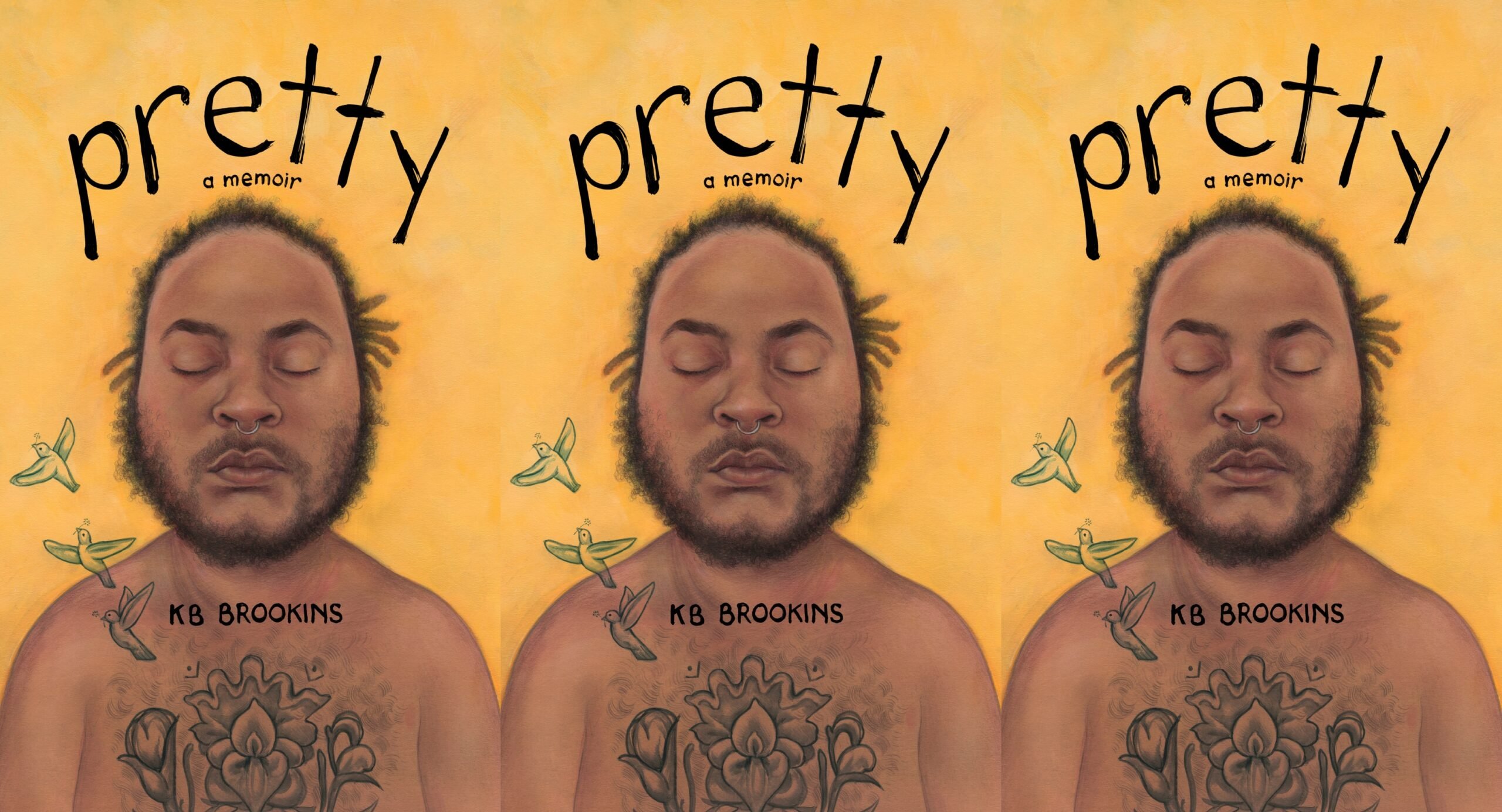
Students Taking Back ‘Ownership’ of Education
“We defended these books, which remained in the library ... We saw book banning slow down, and that was really phenomenal to see.”

Texas school libraries have been far from quiet in the past two years. The voices of parents and legislators condemning the content of certain books—particularly those featuring LGBTQ+ and nonwhite characters—are thunderous in Texas. The Lone Star State has more school book bans in place than any other state in the country, according to a report from PEN America.
The content-banning fervor isn’t isolated to just a few communities. In November, the American Civil Liberties Union requested a formal investigation into the policy of the Keller Independent School District in North Texas banning all books that feature transgender or nonbinary characters. That same month, in the suburban Austin district of Leander, multiple candidates ran for open school board positions on book-banning platforms, with one securing a seat.
In Katy, west of Houston, the content bans extended beyond books: For years, the school district’s internet filters blocked certain websites featuring “alternative lifestyles,” which included websites like the Trevor Project, a nonprofit suicide prevention resource for young LGBTQ+ people. “It shocked me that a district I had grown up in was not only characterizing my identity as a lifestyle, as a choice, but it was calling it alternative and inherently sexual,” said Cameron Samuels, a former student at Seven Lakes High School in Katy Independent School District.
“It shocked me that a district I had grown up in was not only characterizing my identity as a lifestyle, as a choice, but it was calling it alternative and inherently sexual.”
Samuels spoke out against these restrictions at a tense school board meeting in 2021 when they were a senior, frustrated that nothing had changed in the years since they first discovered the blocks when they started at the school. When Samuels spoke, the room was silent; they remember the distinct lack of support from the crowd. It wasn’t until this past August, after the American Civil Liberties Union filed a complaint on Samuels’ behalf, that the district dismantled the internet filter in its high schools. The blocks are still in place in elementary and middle schools in the district.
Samuels graduated in May. Now a freshman at Brandeis University, they’ve continued their work to combat censorship as the first honorary youth chair of Banned Books Week. (Banned Books Week is an annual event put on by a coalition of organizations—including the American Library Association, PEN America, and Amnesty International—to promote access to books and to advocate against bans.) The Texas Observer sat down with Samuels to discuss the proliferation of book bans in Texas and what these and other content restrictions mean for current and future students.
What do you think about book bans gaining traction in districts throughout Texas, including your own?
In many different school districts and state legislatures across the country, we’re seeing this unprecedented rise in policies against education and against books, and it has an ulterior motive—politics.
Students are denied access to public education in the name of “protecting the children” because there is “indoctrination” happening. And that is not the case. It has been totally blown out of proportion by people attempting to push their political agenda—either legislators trying to gain attention and gain political support or parents who are evidently trying to traditionalize communities.
In many places, it is parents who are pushing for content restrictions, not students or teachers. Has this been your experience as well?
While parents may be the ones pushing for this at school board meetings, it was enabled by policymakers. It was pushed by policymakers like state Representative Matt Krause, [who last year called for an inquiry into 850 books he believed shouldn’t be in schools.] If it wasn’t for these efforts by decision-makers who have the power to remove these books and control education, we would be seeing our education reflect the diverse community that we are. … It is totally political, and that is harming us as students.
How and why did you get involved with advocacy at a larger level, including in your role with Banned Books Week?
After a couple months of fighting against the internet filter [in Katy ISD], I had several meetings with school board members and district officials. But it wasn’t enough; this clearly discriminatory filter was still in place [for younger students]. It was harming students and denying them resources that could be a matter of life or death. Book banning wasn’t going away either [in Katy]. … That led me to bring together students across the district. We distributed hundreds of books and continue distributing them across Texas. … It was amazing to see the impact that these book distributions had on students because students don’t have access to a wide variety of books that are affirming in our schools.
“We as students took ownership of our education. We wouldn’t let others determine for us what we could and cannot learn.”
We made significant changes by packing school board meetings. Where before it was just me and several others that were against me in a room that was mostly empty, it was now a room with almost every single seat filled by students and supporters. We defended these books, which remained in the library after they reviewed them. We saw book banning slow down, and that was really phenomenal to see—we as students took ownership of our education. We wouldn’t let others determine for us what we could and cannot learn.
This issue is happening nationwide. Texas is just one of the many hotbeds for this radicalization that’s targeting the most vulnerable members of the population, and it needs to be addressed nationwide. That’s why during Banned Books Week, we worked to get the Right to Read Act introduced in Congress. We hope to see some institutional change to defend our education and our identities.
Note: Currently, the decision to remove books lies in the hands of districts themselves, but the political pressure from the top appeared to be successful. Many districts removed books in the wake of Krause’s requests. The Right to Read Act would increase access to libraries and literacy programs for underserved communities and solidify book access as a First Amendment right. This conversation has been edited for length and clarity.



